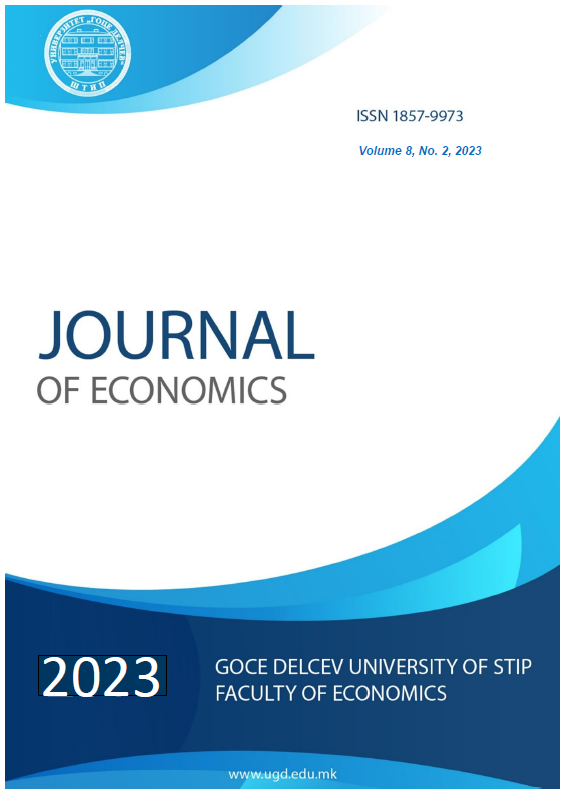Public Trust in the Auditors’ Work and the Prevailing Macroeconomic Conditions
DOI:
https://doi.org/10.46763/10.46763/JOE2382049dKeywords:
Audit Expectation Gap; Economic Growth; Public Interest; Public Interest Entities; Public Trust in the auditors’ workAbstract
This paper aims to explore whether the audit profession is impacted by global economic growth, how, and to what extent. In that manner, the study paper explores the interrelationship between the public trust in the auditors’ work and the prevailing macroeconomic conditions. For the applied research methodology, the proportion of audit company revenue, for the period from 2005 through 2022, derived from audit services and non-audit services, is used as a proxy to measure ‘the public trust in the auditors’ work’ and ‘the audit expectation gap’. These resultants are multiplied to calculate the ‘public interest’, which is juxtaposed against the global gross domestic product growth for the same period, to support the conceptual assertion that the public interest follows the current trends in the global economy. The study finds that public interest is directly related to the public trust in the auditors’ work. In this view, enhanced demand for audit services implies an increased public trust in the auditors’ work. The higher the demand for audit services, the bigger the public trust in the auditors’ work. The function of the audit expectation gap implies the general public to obtain a bigger scope of data and information regarding the operational activity of the auditees. The audit profession is connected with global economic growth through the public interest. This is because public interest follows the current trends in the global economy. The higher economic growth is accompanied by bigger public interest. In this regard, bigger public interest implies a bigger demand for audit services which in turn increases the public trust in the auditors’ work. This paper which uses the public interest as an indicator for global economic growth, contributes to understanding the relationship between the audit profession and prevailing macroeconomic conditions.


